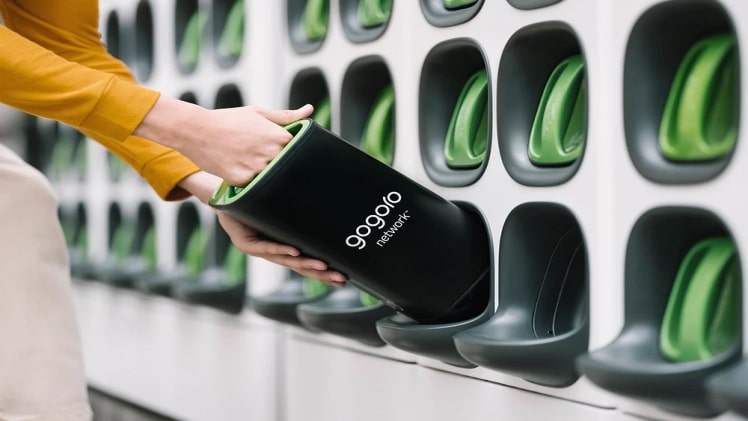Almost all electronic devices use batteries as these are the energy storage units. These batteries come in different sizes and shape depending on their use. Every electronic device i.e laptops, backup power supplies, and mobile devices use batteries. All devices have certain functionalities and the type of battery depends on it. For automatic cars, the battery used for reducing the environmental pollution and minimizing the consumption of fuel is start stop battery. The choice of the battery can be challenging if you do not have enough knowledge about it. But there is nothing to worry about as in this article we will discuss some important factors that will help you choose the best battery for your use.
Certain parameters determine the efficiency of a battery and here we will discuss these parameters to get a better understanding.
- Energy density
- Power density
- Voltage
- Cost
- Shelf life
- Temperature range
- Cycle life
- Safety
Capacity/Power of the battery
The capacity of the battery i.e how much power it can store determine the runtime of a battery. The capacity of a battery to store depends on
- Discharge rate
- Temperature and,
- Cut-off voltage
It also tells how much power a battery can deliver to any application. Most of the batteries that have high power usually have low energy density.
Operating Voltage
One of the most important characteristics of a battery is its operating voltage. Nickel metal hydride and zinc-carbon batteries use water as electrolytes and the nominal voltage of these batteries varies from 1.2 to 2V. On the other hand, LiFePO4 batteries also called FLP batteries use organic electrolytes and the nominal voltage is between 3.2 to 4V. As compared to zinc-carbon and Nickel-metal hydride batteries, only a single cell of LiFePO4 battery is enough to operate the application. If one wants high power density then he can join more than one cell in series to enhance the resulting output.
Temperature
The performance of the battery mostly depends on its operating temperature. If the battery has an aqueous electrolyte then it cannot operate below 0 degrees as the aqueous electrolyte become frozen. However, Lithium iron phosphate batteries use organic electrolytes and these batteries can work at their best even at -30 degrees. However, when the temperature falls below 5 degrees, lithium dendrite plating began to form but it can be prevented by a trickle charge.
Shelf Life
The shelf life of a battery means how long it can perform well even when it is not used. Shelf life is important in the case of both primary and secondary batteries. Before buying a battery, it is important to note how long it can work at its best. Some batteries began to degrade with time as they are charged again and again. However, LiFePO4 batteries stay tuned for long as do not require any active maintenance. They don’t degrade even when they are not charged or are fully utilized.
Safety
The safety of a battery is very important. Some batteries get exploded when their temperature is raised above normal. So, it is important to consider this factor before buying a battery.
Final thoughts
Now, we have discussed all the important parameters that one should consider before buying a battery. From the above-mentioned factors, we can conclude that LiFePO4 battery can be the best choice as this battery can sustain a high and low-temperature range. These batteries are better because they do not degrade over time and do not need any maintenance. These batteries can be a bit more costly than other available batteries but their characteristics are far better. It is an important investment that one should do to get rid of buying batteries again and again.


